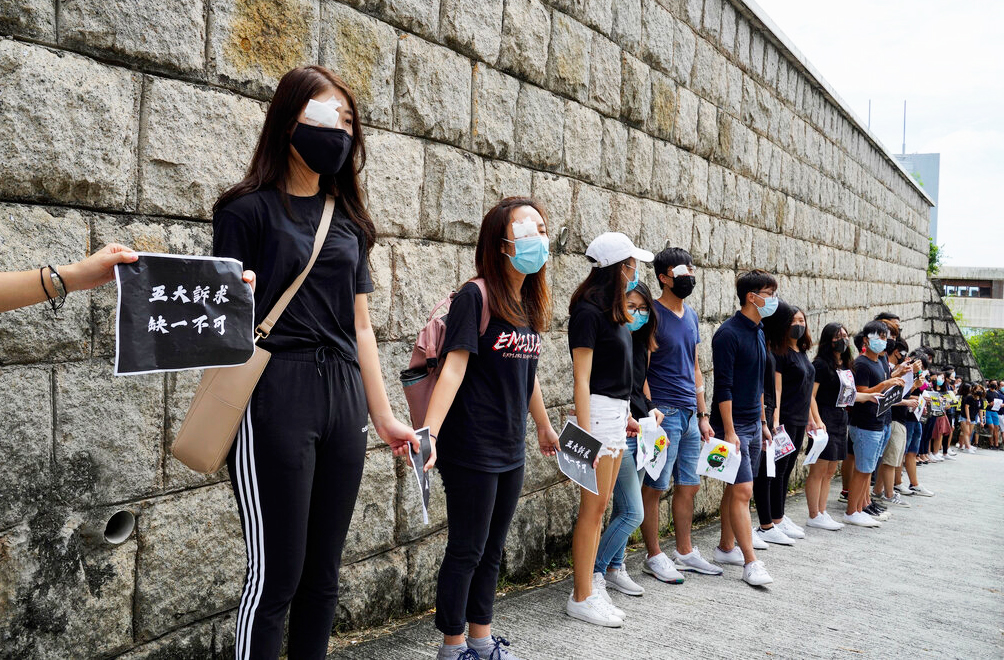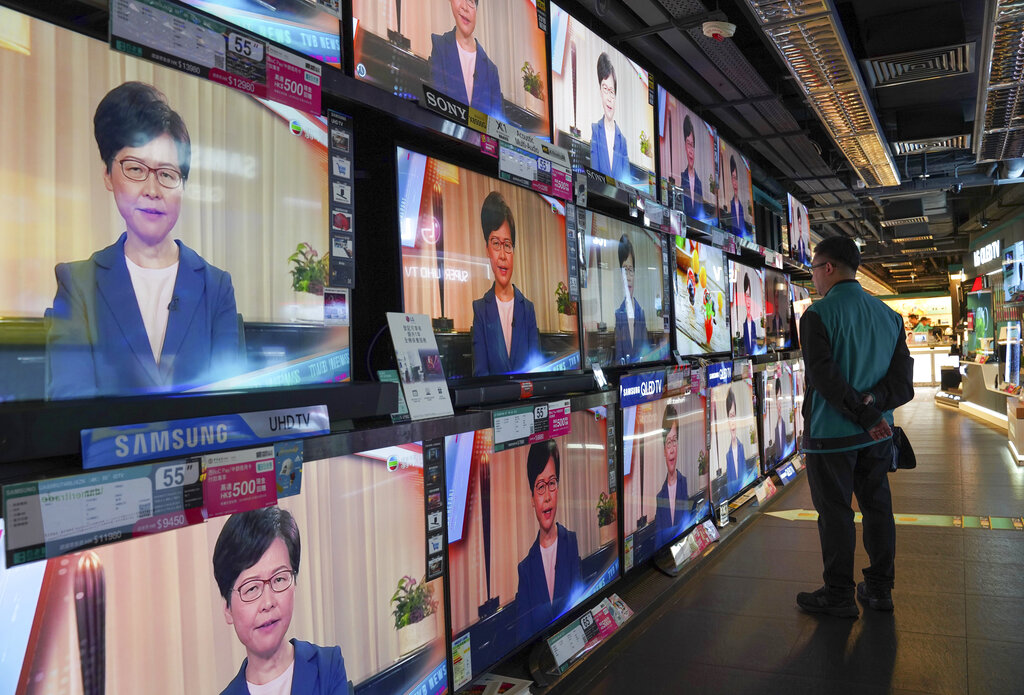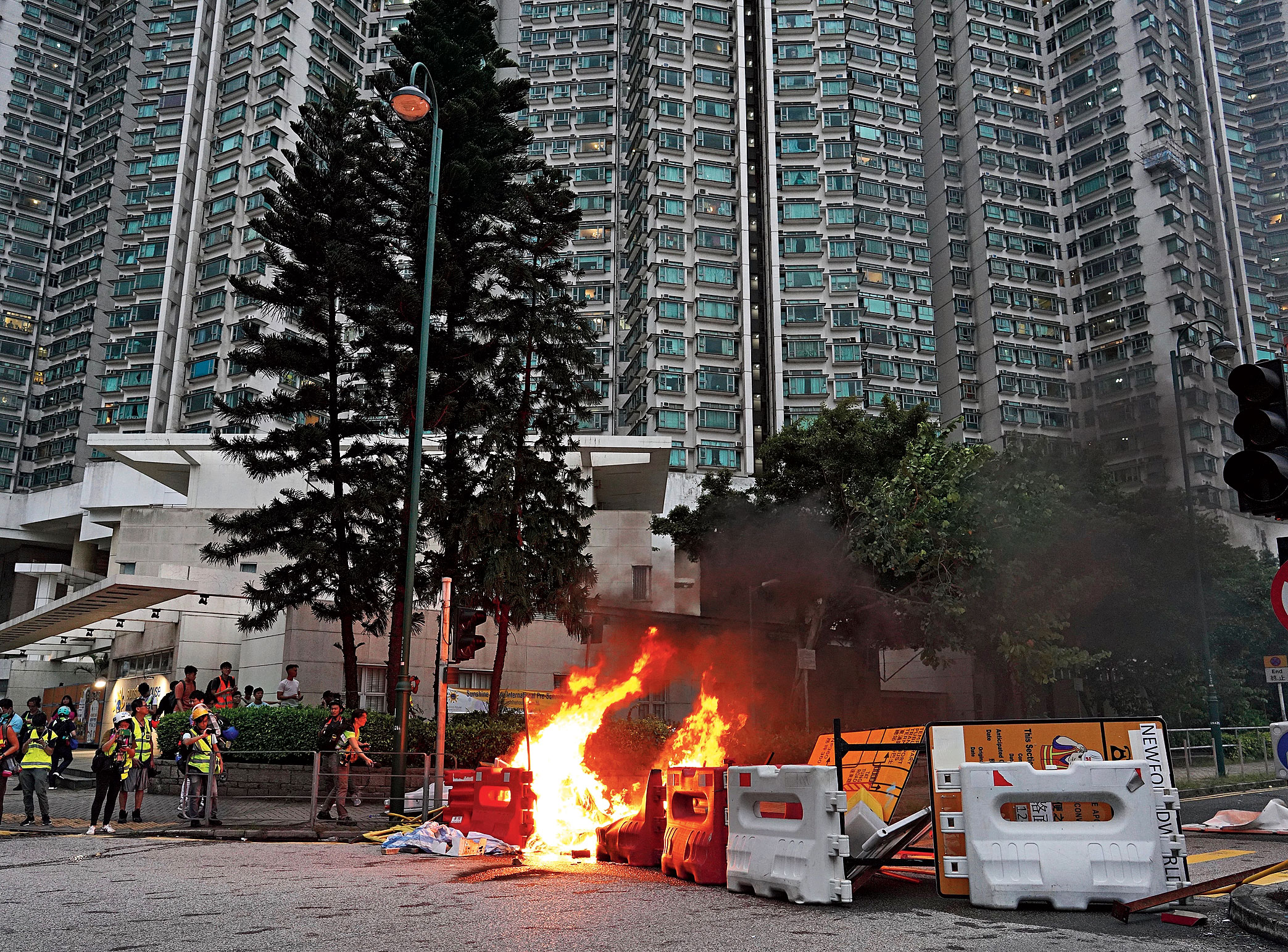So, the Hong Kong protesters won. Right till the announcement that the hated extradition bill would be withdrawn, the official mainland media were sticking to their hawkish predictions of the grim future that awaited the protesters. They have not yet explained the government’s volte-face.
On the mainland, the Hong Kong protests are being seen by ordinary people with amazement and disgust. China is no stranger to mass protests, but in such a large country, these are mostly localized and reported only if they generate violence or create a serious crisis. For instance, hardly any of the 300-plus demonstrations and strikes that took place on the mainland through the last three months while the Hong Kong protests were on made news, although some saw more than 100 workers participating.
Second, mainlanders know that Hong Kong residents, who do not conceal their dislike for the Chinese, enjoy many more freedoms than they do. Foremost is the freedom of expression. The contrast between the coverage of the protests in Hong Kong’s South China Morning Post and China Daily couldn’t be greater. The latter projects the protests as being inspired by the United States of America, and the protesters are, at best, misguided, and at worst, terrorists. Editorials and columnists have asked for tough action, even going so far as to criticize the India-born but Hong Kong-educated Principal Magistrate Bina Chainrai for giving bail to protesters. The Chinese counterparts of online bhakts aside, there was genuine mass support for the Global Times reporter who was bound and beaten up at the Hong Kong airport by protesters suspecting that he was a spy, after he refused to show his press card. Similarly, mainlanders have boycotted companies that have shown sympathy for the protesters. The prospect of losing such a huge market has forced the companies to apologize.
So one would expect the Communist Party of China to take it easy on the mainland and focus on the crisis in Hong Kong. But, paranoid as ever, or out of force of habit, it has sent out censorship instructions to mainland media on maximizing coverage of the sporadic pro-China and pro-police demonstrations in Hong Kong. What is baffling, however, is its appeal to the foreign media to view the protests as a US conspiracy; it even provided a 42-page document as ‘proof’ of this. Did it honestly think that the appeal would work, especially when its own mouthpieces have been lashing out at the Western media as conspirators too?
However, not all Chinese are critical of the Hong Kong protests. A well-known lawyer went off to the island city on his own to see for himself what was happening there. In videos after his return — he had to cut short his visit due to pressure from the government and his employers — he mentions that he looked in vain for signs of the Mandarin media there.
The protests, he sums up, were about the upholding of China’s promise of autonomy made to Hong Kong in 1997; mainlanders should understand why more than a million Hong Kong residents stood for hours in the rain for this.
None of this got into the ‘Mandarin media’, of course. What did were the words of Deng Xiaoping on the relationship between China and Hong Kong: “After 1997 we shall still allow people in Hong Kong to attack the Chinese Communist Party and China verbally, but what if they should turn their words into action, trying to convert Hong Kong into a base of opposition to the mainland under the pretext of ‘democracy’? Then we would have no choice but to intervene.”













